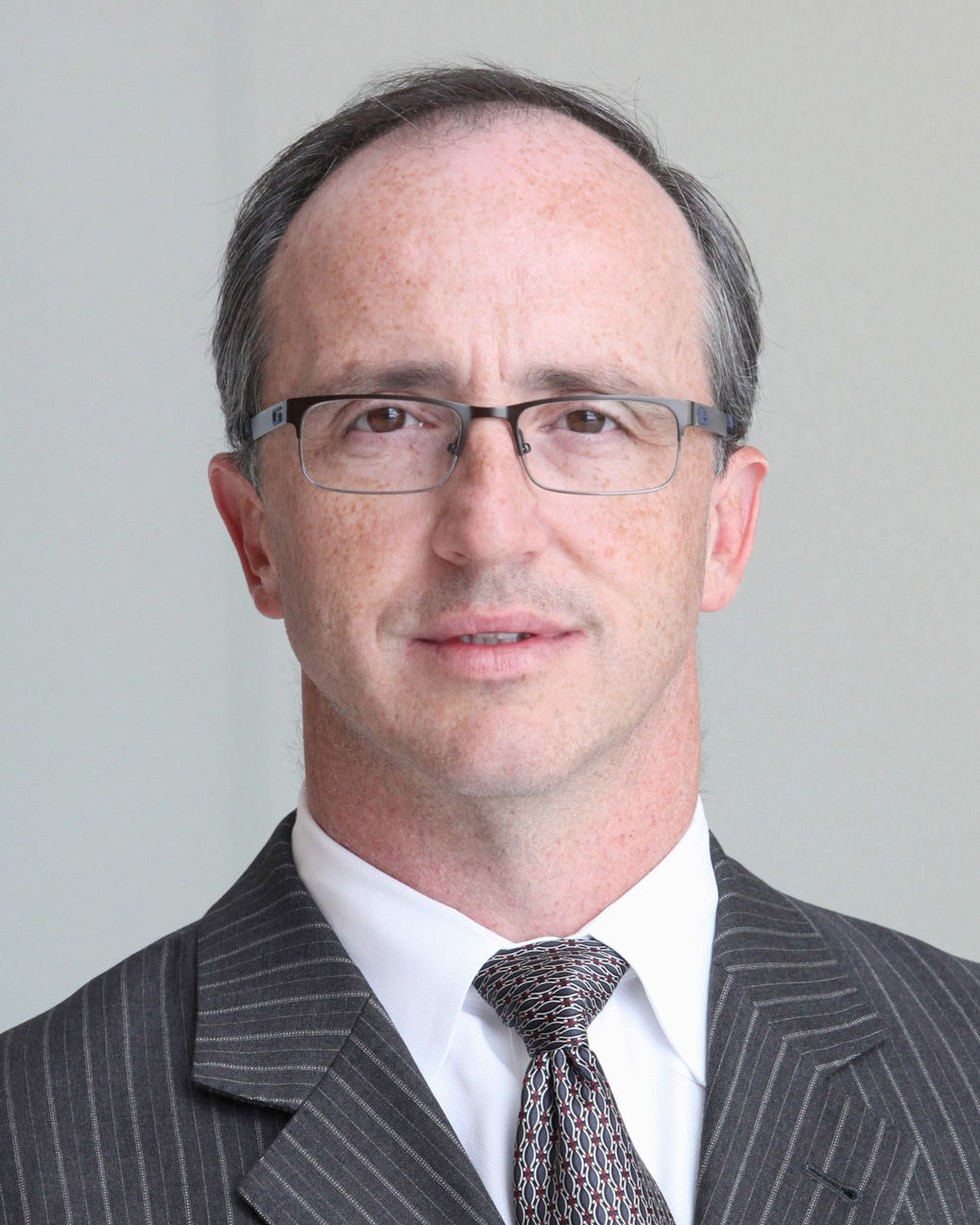John Pollina
, MD FACS
Dr. John Pollina is Clinical Professor of Neurosurgery at the State University of New York (SUNY) at Buffalo who joined UBNS in 2013. Dr. Pollina, who is a board certified neurosurgeon, serves as Director of Comprehensive Spine Surgery.
After receiving his BA in Economics from Fairfield University in 1990, Dr. Pollina completed medical school at SUNY Buffalo, School of Medicine and Biomedical Sciences in 1994. He completed his neurosurgical residency at SUNY Buffalo as well.
Dr. Pollina’s focus is in treatment of disorders of the cervical, thoracic, and lumbar spine. His areas of expertise are low back and neck pain; herniated disc; spinal stenosis; scoliosis; spinal instability; spinal tumor and infection; carpal/cubital tunnel syndrome; and intracranial pathology. His research interests include motion sparing/preserving technology of the spine; minimal access approaches and techniques to the spine; osteo-biologics of spinal fusion; and spine surgery outcome-based research.
Dr. Pollina sees patients at our Comprehensive Neuroscience Center in Williamsville, NY. He performs surgeries at Buffalo General Medical Center/Gates Vascular Institute.
Selected Publications
View a partial list of Dr. Pollina’s publications through the National Library of Medicine’s PubMed online database.



![$video['title']['text']](https://www.ubns.com/wp-content/uploads/2020/02/video-thumbnail.png)